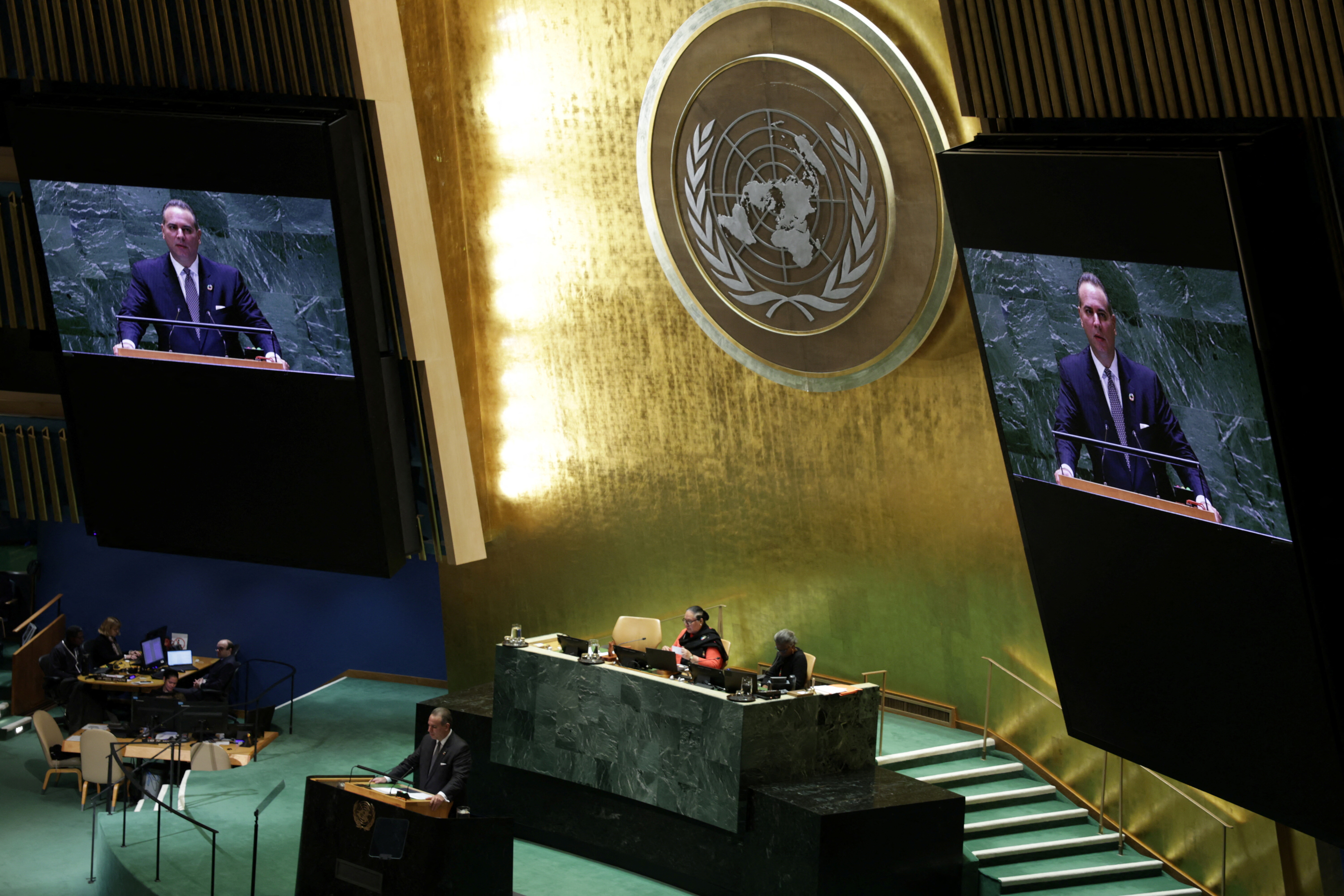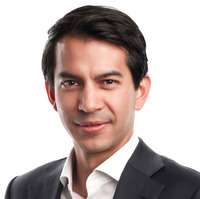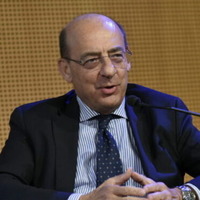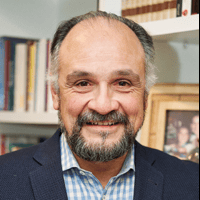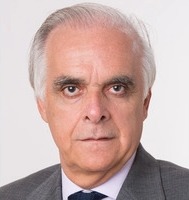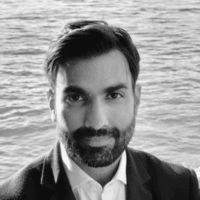The UN’s Crisis of Trust
The UN system today faces a convergence of structural, political, and normative crises. At the heart of the problem lies a profound erosion of trust in its impartiality, which is particularly evident in the context of armed conflicts.
Conflict resolution efforts have been paralyzed by deadlock. In Syria, the veto politics of the UN Security Council blocked action amid mass atrocities. Peacekeeping operations have struggled to fulfill their mandate. In Lebanon, the UN Interim Force failed to ensure that Hezbollah was disarmed and pushed beyond the Litani River, enabling its enhancement. The Human Rights Council’s standing has been compromised by persistent politicization, bias, and selective targeting—most notably of Israel. At the same time, the council has remained silent on the poor human rights records of China, Cuba, and Saudi Arabia, and has previously placed Iran in positions of influence. The humanitarian system, too, has been weakened by political entanglement, poor safeguards, and growing exploitation in certain regions by armed groups such as Hamas.
The Israel-Hamas war has starkly exposed the collapse of trust in UN neutrality. From the outset, key UN bodies and senior officials adopted one-sided narratives “contextualizing” Hamas’s atrocities on October 7, 2023, and downplayed its ongoing brutality, including against its own people. The discourse around Gaza demonstrates, with painful clarity, how UN bias and misreporting entrenched a false account of the conflict. Instead of providing balance and moral clarity, the United Nations amplified distorted narratives and drew a false equivalence between a democracy defending its citizens and a terrorist organization that thrives on civilian suffering and exploits aid for its own ends, or worse, placed blame on Israel alone, effectively legitimizing Hamas.
That positioning is not merely a rhetorical lapse, but a profound moral and institutional failure. When bias seeps into resolutions, reports, and public statements, the United Nations ceases to be a neutral forum and becomes a political actor.
To meet those challenges, the next secretary-general cannot afford to be another cautious bureaucrat. What the United Nations needs now is leadership with the courage to call terrorism, aggression, and mass violations of international law by their names, without euphemism, false equivalence, or appeasement. Further, leadership needs to confront entrenched politicization and bias within the UN system, demand accountability from its agencies, resist pressure from blocs or member states that erode its credibility, and apply consistent principles to all member states.
The new leadership should focus on rebuilding trust with alienated members through genuine dialogue and fair treatment. Credibility cannot be restored through rhetoric but through reform. That includes transparent vetting for the Human Rights Council, independent reviews to ensure neutrality, and a willingness to confront member states that weaponize the UN system for politics.
At a moment when wars are multiplying and alliances are fracturing, the United Nations risks becoming irrelevant, or worse, a tool for extremists. If the institution is to survive, it needs to adapt now, or collapse under the weight of its own failures.

